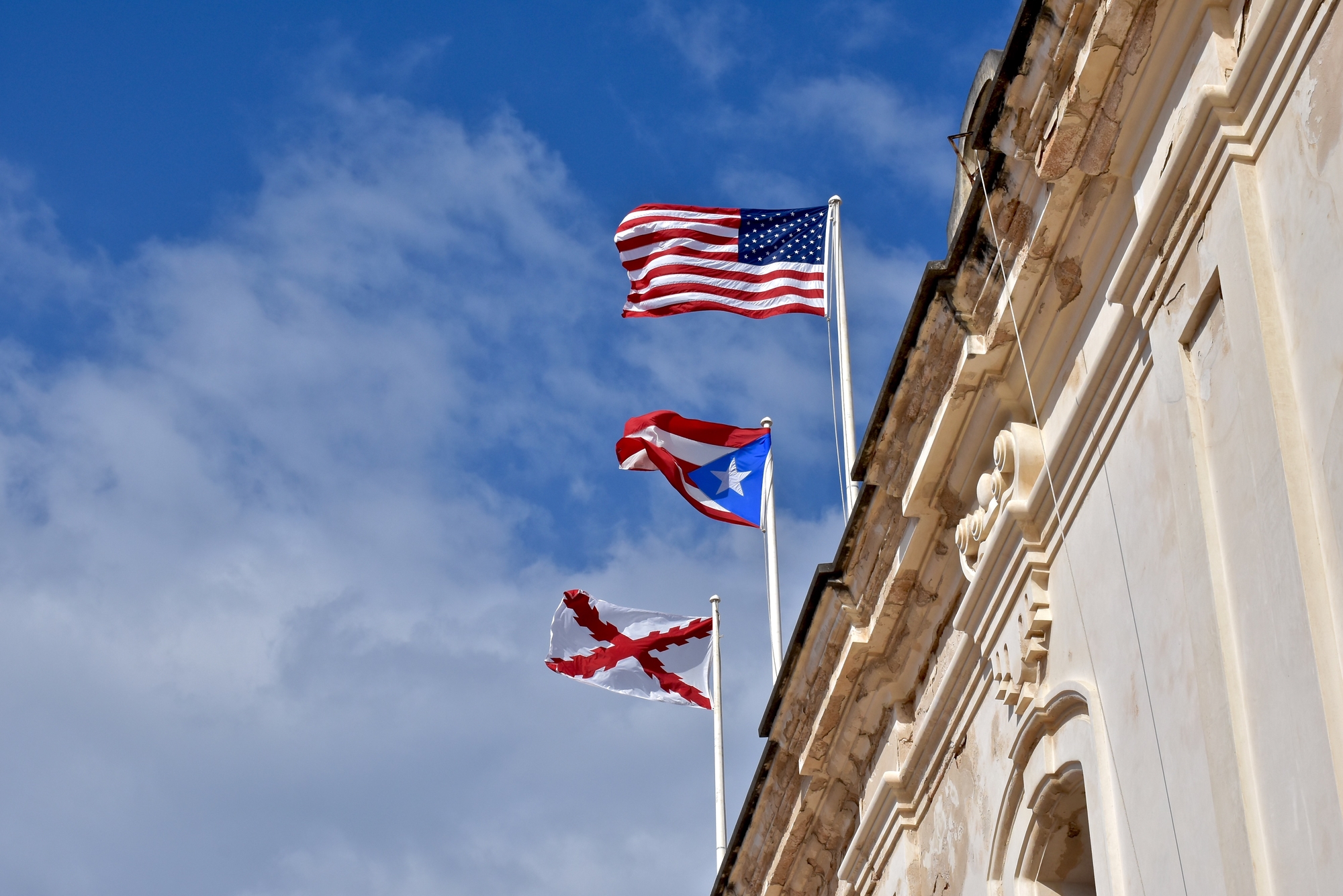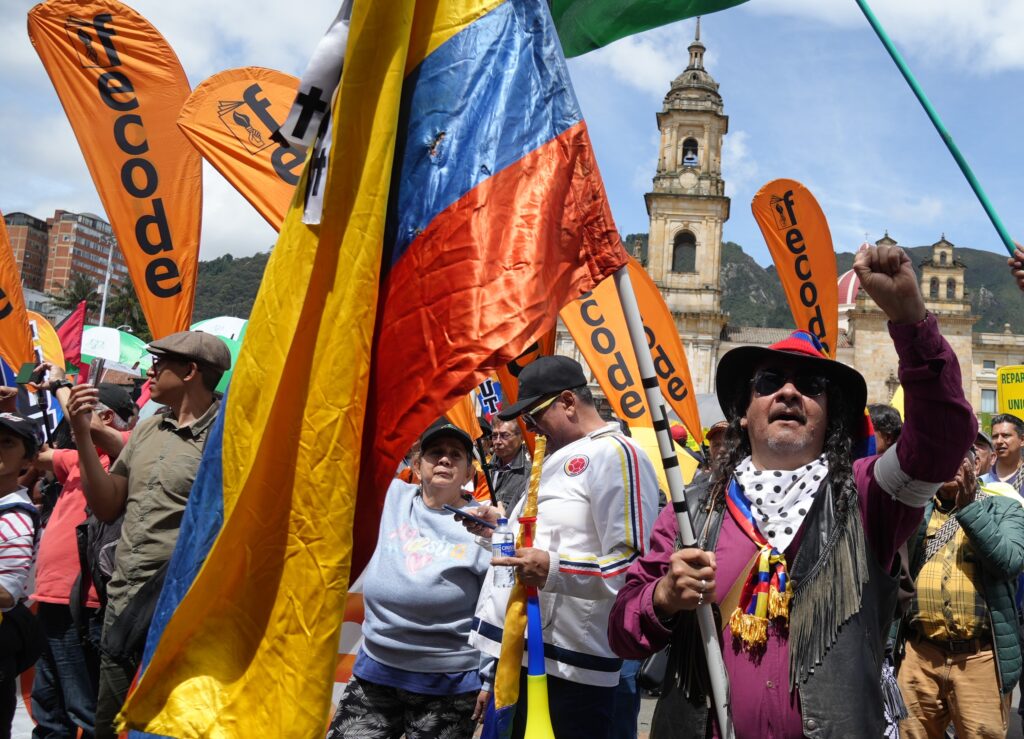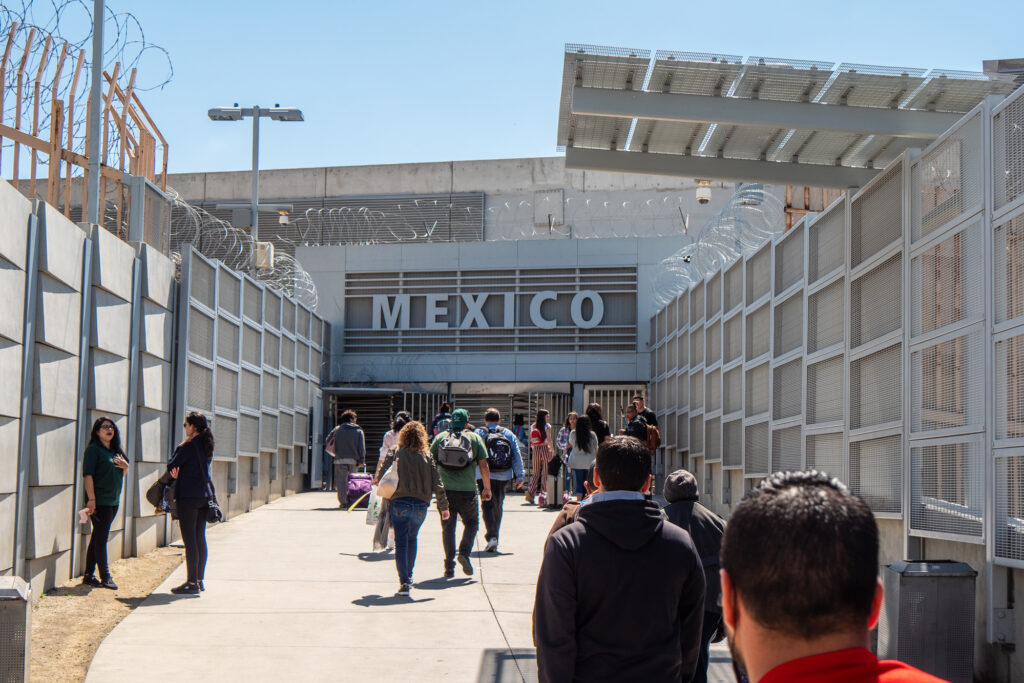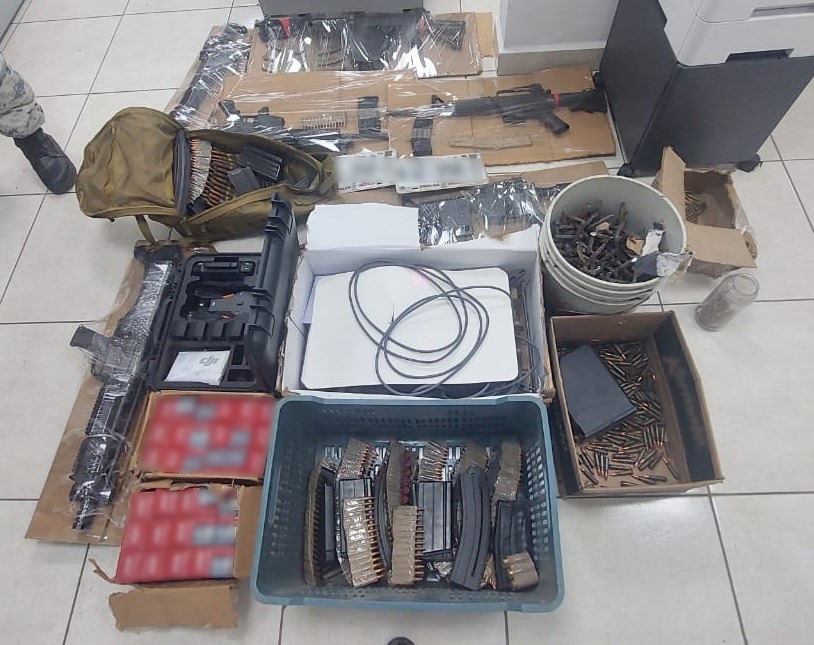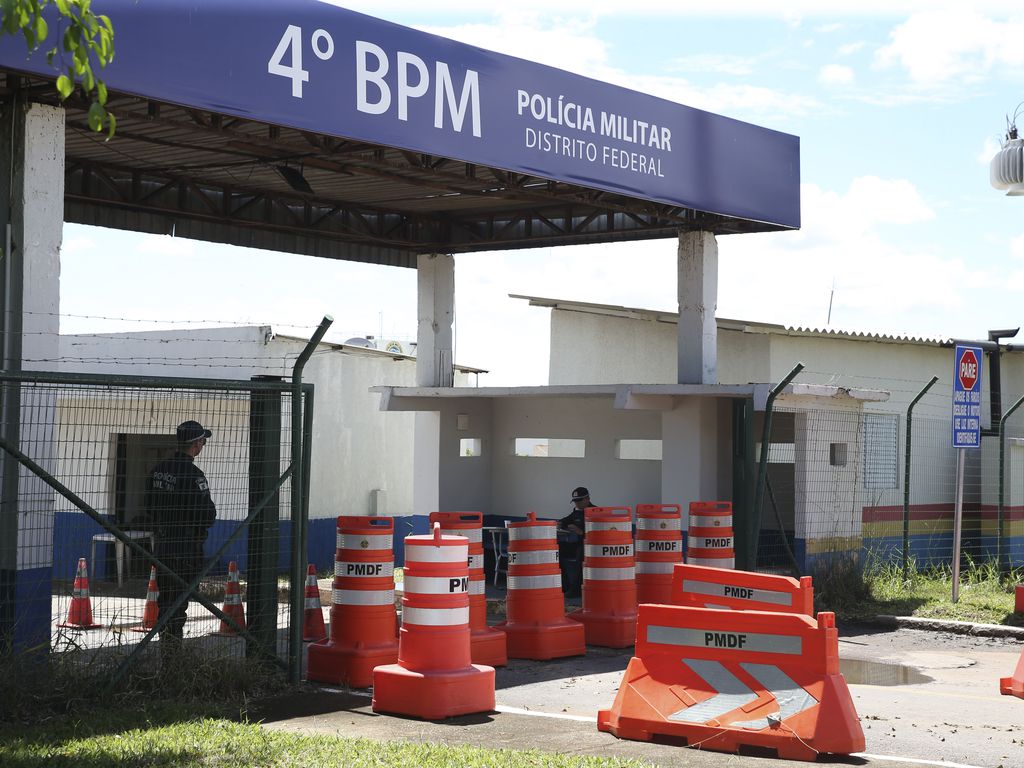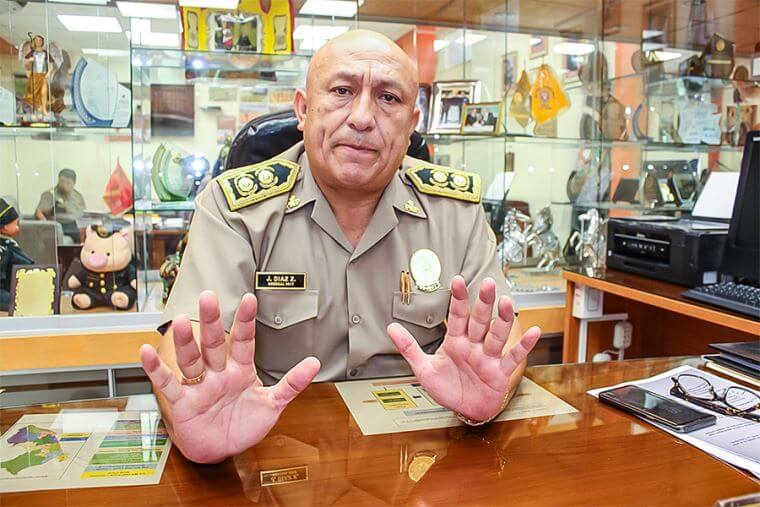Puerto Rican Governor Ricardo Rosselló has pledged to step down from his position on August 2 after weeks of protests, which concluded in the largest national strike in the island’s modern history and threats from the House of Representatives to begin an impeachment process.
Rosselló’s resignation is the result of a culmination of various key factors. The country is in considerable debt, nearly half of its population lives in poverty, and civilians accuse Rosselló and government officials of corruption. This was exacerbated recently when the island’s Centre for Investigative Journalism published 889 pages of chats between Rosselló and members of his administration in which they made homophobic and misogynist comments about Puerto Rican citizens, whom they joked about managing to “fool.”
In 2017, when Rosselló had only been in office for nine months, Hurricane Maria hit the island. His poor handling of the aftermath of the hurricane – the worst storm to hit Puerto Rico in 80 years – was the beginning of a popularity nosedive. When U.S. President Donald Trump visited Puerto Rico two weeks later, Rosselló appeared to downplay the destruction the storm had caused and was accused by civilians of portraying a subservient attitude to the president.
Rosselló’s response to the devastation and declaration that the official death count was 16 (it later shot up to over 4000) were part of the reason Trump said Hurricane Maria wasn’t a “real catastrophe” and repeatedly pushed back a Congress vote on sending emergency funding to the island.
The destruction left many Puerto Ricans without resources they were in desperate need of, such as housing, clean water, electricity and cell phone service, in some cases for months on end. According to a New England Journal of Medicine study, during the time period that followed the hurricane in September 2017,the island experienced a 62 percent rise in mortality in comparison to the same time the previous year, and a third of all deaths were due to delayed or interrupted health care.
The hurricane, which according to the BBC caused $90 billion in damages, also exacerbated the debt crisis that Puerto Rico was already facing. With $74 billion in debt registered in 2018, an inability to access a Chapter 9 bankruptcy code, which protects municipalities from creditors while they negotiate a play to pay off their debt, U.S. Law has made it nearly impossible for Puerto Rico to pay off its debt.
The United States also played a role in the accumulation of this debt to begin with. In 1976, the U.S. government created a tax law that allowed its companies to set up business in Puerto Rico and pay very little income tax. This boosted the island’s economy initially, but when the law was repealed in 2006, the U.S. companies abandoned the island in droves, leaving the Puerto Rican economy in freefall, and without home-grown entrepreneurship to counteract this. The subsequent Great Depression in 2008 worsened the blow, and the country remains mired in debt.
The most recent U.S. census reports that 44.4 percent of Puerto Ricans live in poverty. The 1920 Jones Act also makes Puerto Ricans’ financial situation more difficult as it causes goods on the island to be markedly higher in value than on the U.S. mainland. This act requires all goods shipped between U.S. ports to be transported by U.S. vessels and to be operated primarily by Americans, adding a significant cost to imports, which make up 85 percent of Puerto Rico’s produce. A 2019 report revealed that prices of goods in Puerto Rico are $1.1B higher than they would be if the Jones Act were repealed.
Puerto Rico is a U.S territory, which means its citizens have U.S. passports and the freedom of movement between the island and the mainland. They also receive federal funding for healthcare from the mainland, all be it 70% less than all of the 50 states and the District of Columbia.
Despite the fact that the island pays its share of social security and Medicare taxes, they do not have representation in the United States Congress nor do they have electoral votes for the president. What the massive protests and Rosselló’s ensuing resignation insinuate is that Puerto Rican citizens, instead of relying on the United States for support, have taken grievances with into their own hands.


